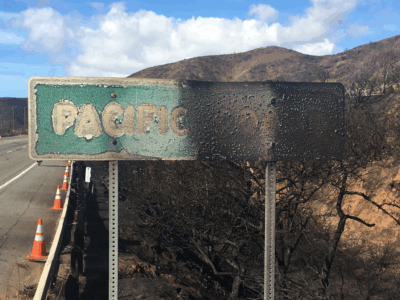More NYC Oil
Second Circuit Creates Climate Change Preemption

A quick follow-up to Dan Farber’s post this morning regarding the Second Circuit ruling in City of New York v. Chevron. I represented the State of California in the 2011 case, AEP v. Connecticut, in which the U.S. Supreme Court ruled that federal common law applied to interstate climate change pollution (emissions of greenhouse gases), but that it was “displaced” by the federal Clean Air Act. As Dan notes, the Second Circuit, in a seriously contorted opinion, determined that New York cannot use state common law, not because of preemption by the Clean Air Act (which explicitly preserves state law), but because of its general feeling that climate change knows no borders, so state law cannot be used.
Here’s what the Supreme Court said in the AEP case:
“The plaintiffs also sought relief under state law, in particular, the law of each State where the defendants operate power plants. See App. 105, 147. The Second Circuit did not reach the state law claims because it held that federal common law governed. 582 F. 3d, at 392; see International Paper Co. v. Ouellette, 479 U. S. 481, 488 (1987) (if a case “should be resolved by reference to federal common law[,] . . . state common law [is] preempted”). In light of our holding that the Clean Air Act displaces federal common law, the availability vel non of a state lawsuit depends, inter alia, on the preemptive effect of the federal Act. Id., at 489, 491, 497 (holding that the Clean Water Act does not preclude aggrieved individuals from bringing a “nuisance claim pursuant to the law of the source State”).”
The state lawsuit depends on the preemptive effect of the federal Act. The Clean Air Act, clearly, even in the Second Circuit’s reading, does not preempt state law. So the Second Circuit has made up a new concept of “preemption,” where it has decided that climate change is just too big for state law. Apparently, the “disfavored” concept of federal preemption doesn’t apply to oil companies and climate change.







Reader Comments